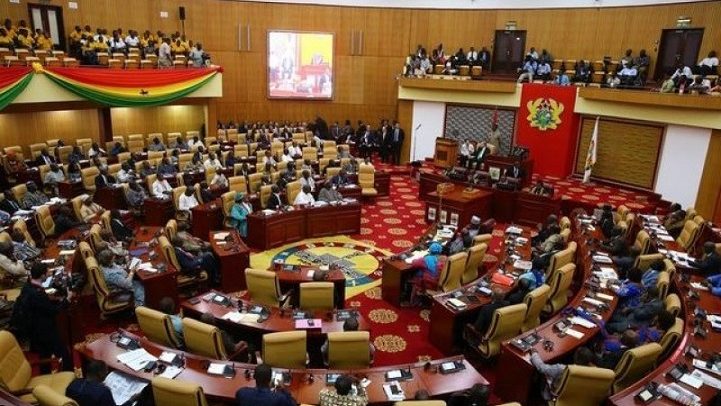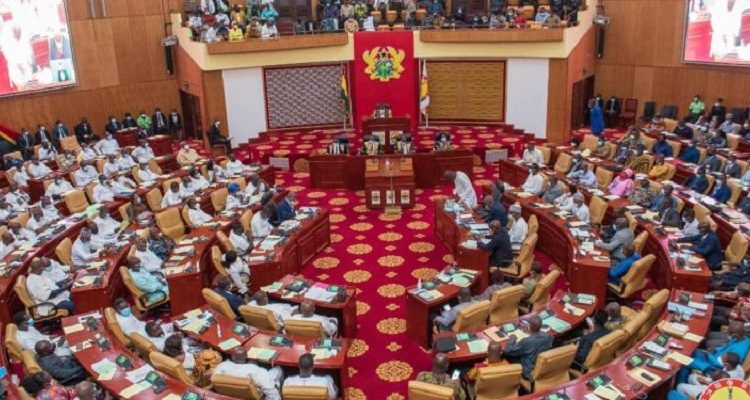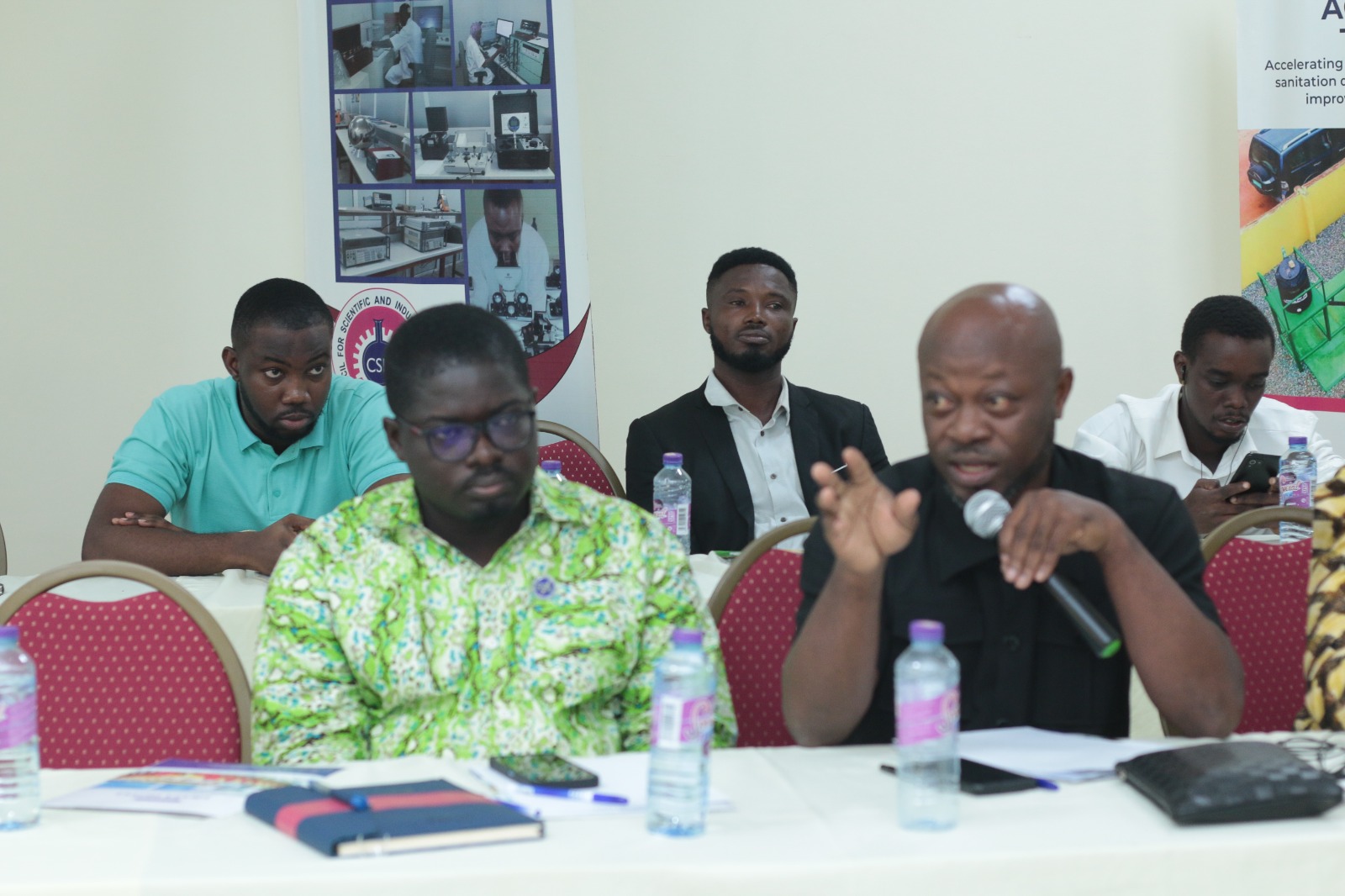
Making plans, policies or decisions without the relevant statistical information is as good as pursuing a course of action merely influenced by assumptions while a timely and good quality data is essential for effective and efficient planning to achieve intended results.
The above statement, which is attributed to Professor Samuel Annim, Director, Directorate of Research, Innovation and Consultancy, University of Cape Coast, and Dr Esther Ofei-Aboagye, Vice Chairman, National Development Planning Commission (NDPC), therefore, sums up the importance of data for planning and decision-making.
The High-Level Panel advising on the United Nations Sustainable Development Goals (UNSDGs) has written: "Big data and statistics will help government track progress and make sure their decisions are evidence-based, they can also strengthen accountability. This is not about governments. International agencies, Civil Society Organizations (CSOs) and the private sector should be involved. A true data revolution would draw on existing and new sources of data to fully integrate statistics into decision-making, promote open access to and use of data, and ensure increased support for statistical systems."
Research has, however, shown that even though Ghana has a strong record of periodically producing and disseminating data from population-based and economic surveys, data from civil economic registers and other administrative systems and processes--records from health centers, schools or water utility companies-- are not routinely exploited and made available for public policy-making or planning.
The President, Nana Addo Dankwa Akufo-Addo, has, since his assumption of office, outlined his vision for the socio-economic transformation of the country.
On agriculture, the President says his government will increase efficiency in agricultural production through valued addition, storage and enhanced marketing facilities.
Thus for the next four years, Government is expected to direct its policy interventions towards modernizing agriculture and value chain addition, and creating additional businesses that will generate job opportunities in the areas of storage, processing, packaging and marketing agricultural produce to ensure higher incomes for farmers and fisher folks.
On his vision for the industrialization of the economy, as a means of moving the country away from a raw material exports dependent country to an economy of value-added activities for private sector development, the Akufo-Addo administration has embarked on the initiative of "Planting for Jobs and Food" and the objective of creating an enabling environment for businesses to flourish and increase competitiveness for businesses.
The Akufo-Addo administration, under education, is also poised to absorb the cost of education in all public Senior High Schools (SHSs) in Ghana, beginning from the 2017/2018 academic year.
On good governance and public accountability, President Akufo-Addo, pledged an honest government that would protect the public purse and ensure value for money in all public transactions.
Guided by the understanding of Prof. Samuel Annim and Dr Ofei-Aboagye, there is no doubt that the Akufo-Addo administration will require relevant, timely and good quality statistical information for effective and efficient planning to achieve intended results.
The experts have, however, concluded that accessibility and use of data are yet to receive the needed priority in Ghana and stressed the need for an overhaul of the National Statistical System (NSS) in order for the required data to be made available for diverse uses, including the regular tracking of development progress and international commitments such as the UNSDGs, and the Africa Union's Agenda 2063.
Dr John Effah, Head, Institutional Research and Planning, University of Ghana, has also underscored the importance of collaboration between statisticians and Information Technology (IT) solutions experts as well as the need for network technology and connectivity, provision of an IT infrastructure warehouse and the digitization of data in physical form.
Meanwhile, stakeholders, led by the National Development Planning Commission (NDPC) and the Ghana Statistical Service (GSS), in collaboration with the United Nations Children's Fund (UNICEF) and the United Nations Development Programme (UNDP), are making strenuous efforts to provide inputs into an on-going capacity assessment of the NSS in order to sanitize the state of and direction for national statistical development at all levels of administration.
There is no doubt that GSS is a focal and strategic establishment capable of unlocking the potential of data to realize development outcomes and, indeed, available information indicates that GSS is approaching the challenge of the SDGs in a multi-stakeholder way.
The fact remains, however, GSS cannot single-handedly produce data on the wide range of issues or topics and in significant detail required under the SDGs.
In any case, Mr Baah Wadieh, Acting Government Statistician, in a paper delivered at a Seminar on World Telecommunication and Information Society Day, 2017 in Accra, outlined the vision of GSS-- to nurture a data ecosystem comprising varying actors from the public and private sectors, development partners, CSOs, the academia and the media, among others.
Government must, therefore, support these initiatives to augment data production and a shared understanding about the gaps in data availability, accessibility and use; enhance appreciation for administrative records as an indispensable source of data; and outline key strategies for improving the collection, compilation, analysis and the dissemination of statistical information.
The need for Government support for an efficient NSS has even become more urgent with the establishment of a Ministry for Planning which requires good quality data and more standardized systems and co-ordinated data collection processes for effective national development planning.
The writer is an officer of the Information Services Department.
Read Full Story















Facebook
Twitter
Pinterest
Instagram
Google+
YouTube
LinkedIn
RSS